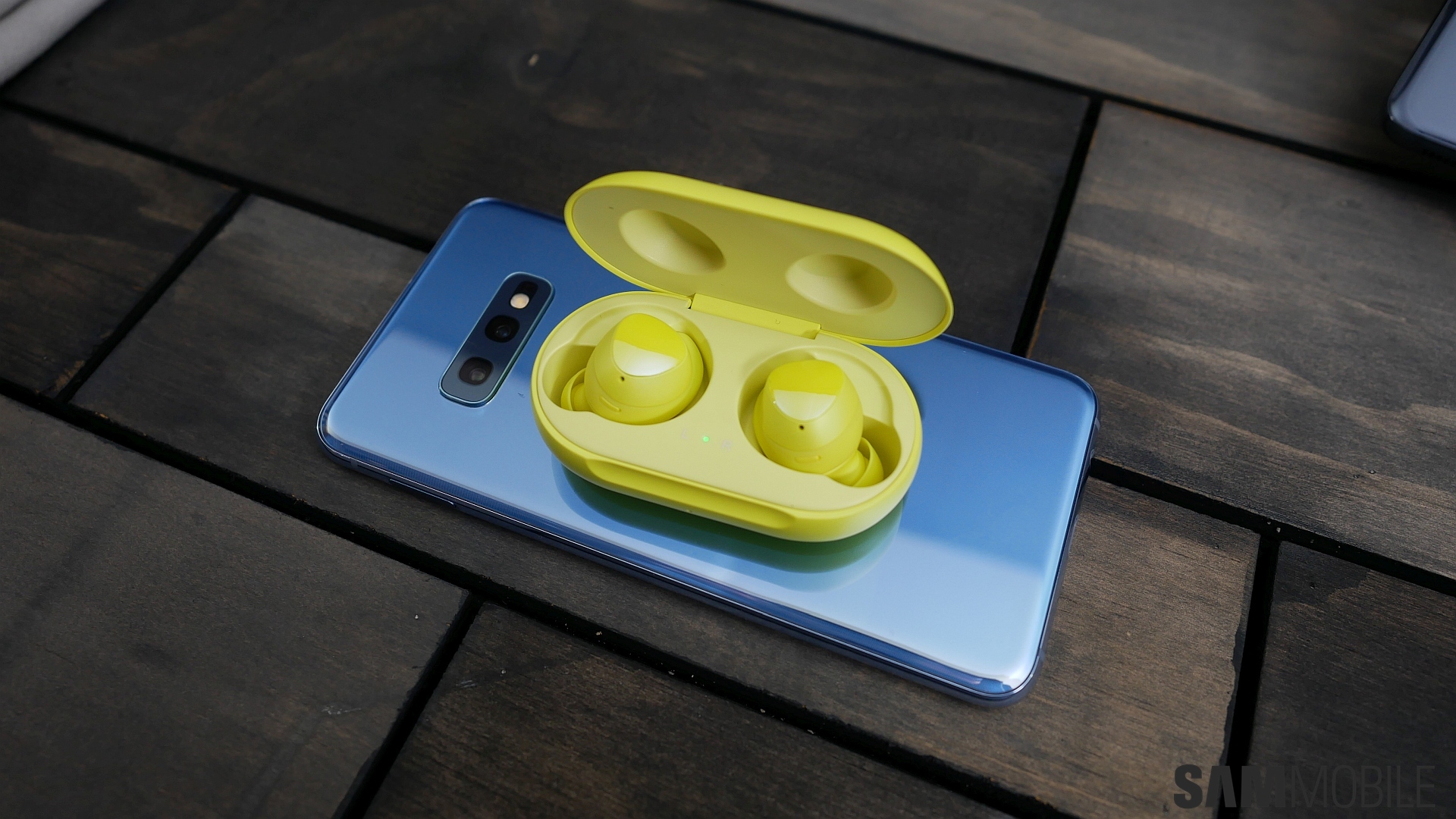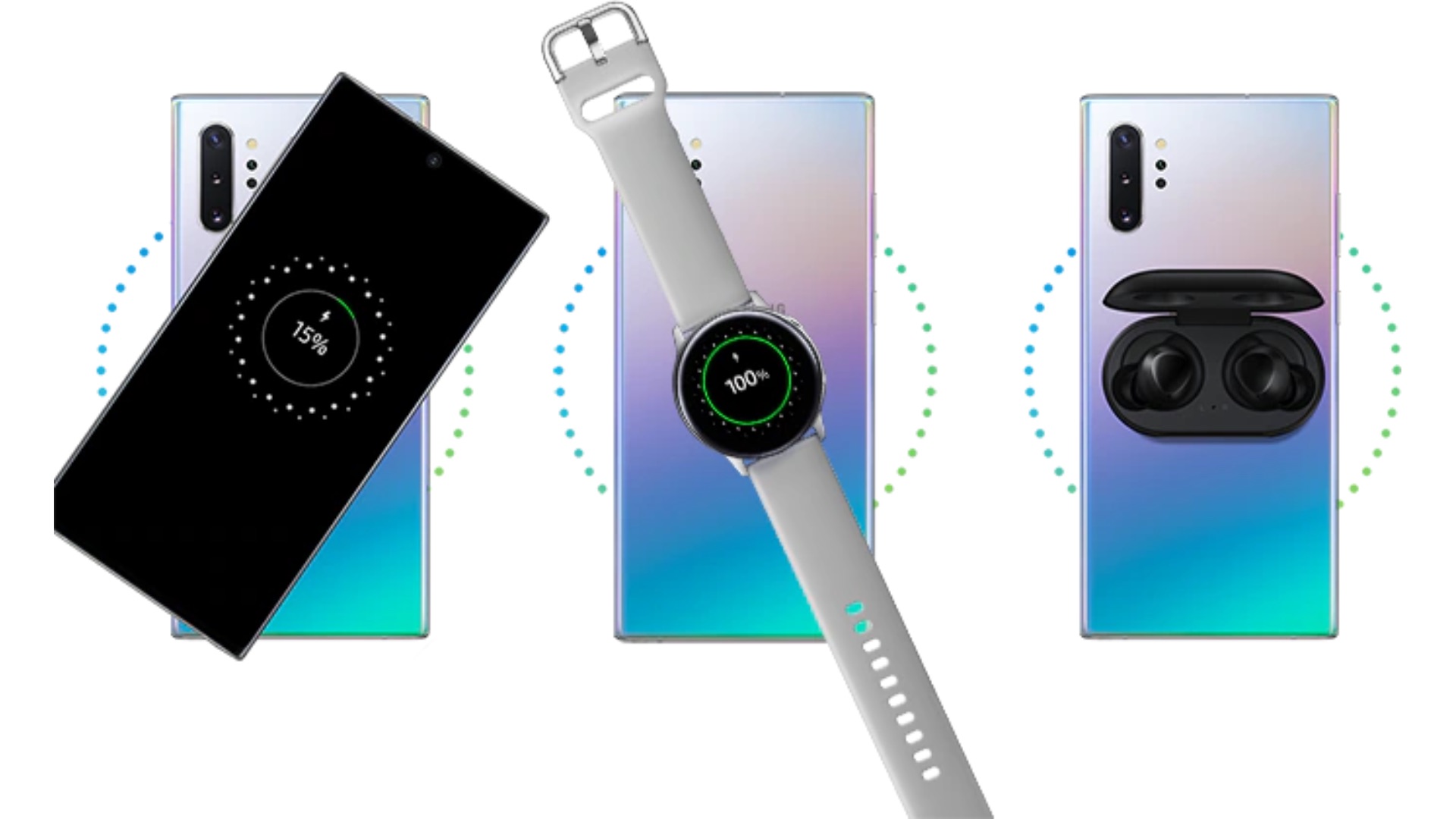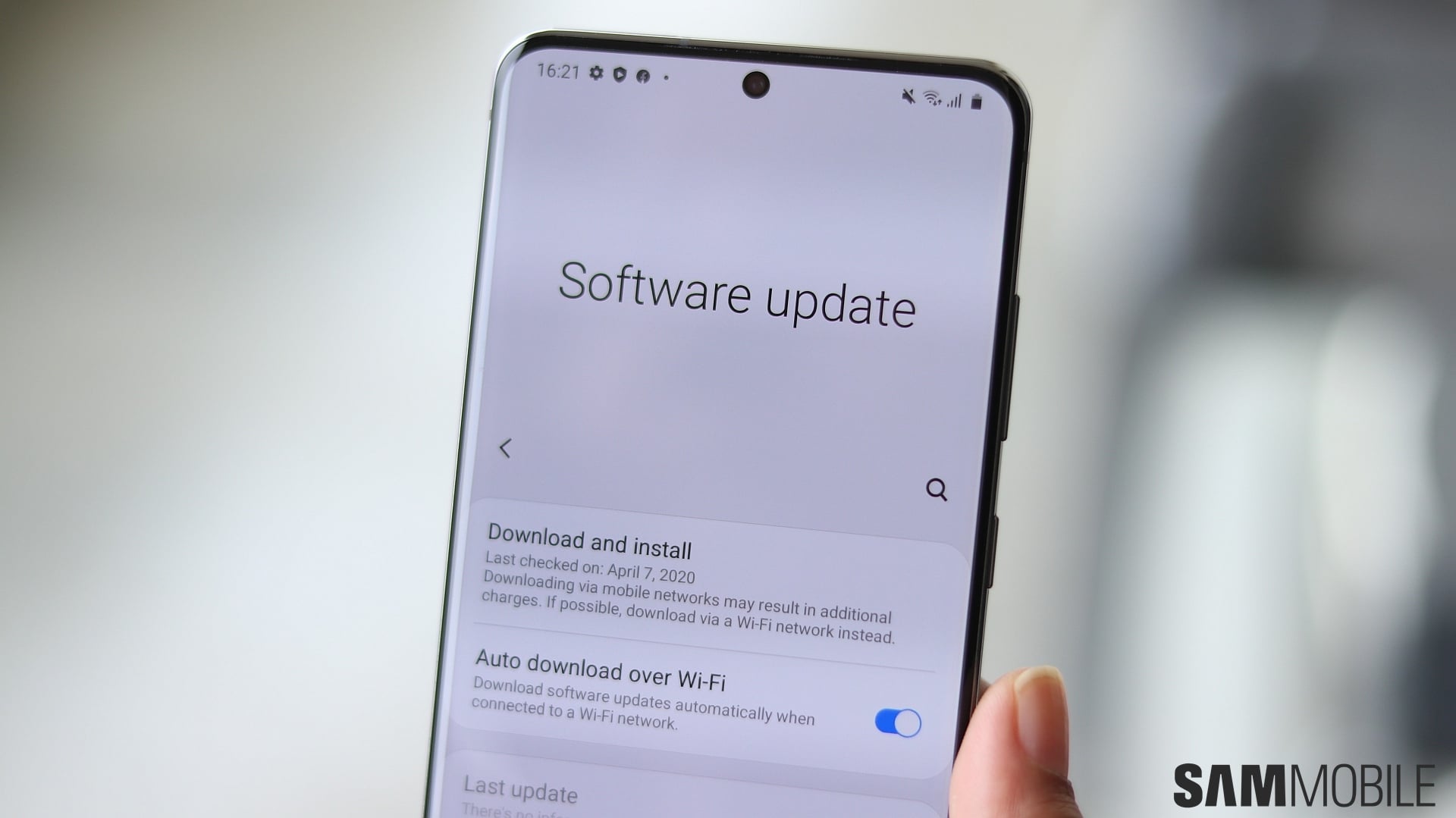
Not that any iteration of the NFC specification would ever be positioned to directly rival some of Samsung's solutions, mind you. That would be in opposition to the very concept of tech standardization, and then there's the fact Samsung's been a member of the NFC Forum since its very beginnings, having joined the association 15 years ago. The company actually stands to gain from a de facto PowerShare Lite that's available to everyone as that would improve the standalone value of its wearable products like the Galaxy Buds+.
Wireless PowerShare Lite is precisely what's needed
While e.g. the Galaxy Watch Active 2 using the Galaxy Note 10 is a useful option to have, it's the first thing that would have to go if you ever decided to pair your wearable with a different smartphone brand, or even just a cheaper Samsung device. That's because PowerShare relies on the Qi specification whose applicability tends to be solely dependent on the existence of specialized wireless charging coils inside any device candidate.
Having more components ramps up production costs, both in terms of raw expenditures and unique design challenges from adding additional complexity layers to a piece of consumer electronics. All of that results in a scenario wherein Wireless PowerShare is a cool luxury feature of some of the most expensive smartphones and wearables on the market, instead of a super-convenient solution available to wider audiences.
That's precisely what the new standard from NFC Forum promises to be seeing how it utilizes hardware that's already found in every device under the sun – an NFC chip. Samsung's range of wearables could certainly rise in popularity if most third-party handsets gain the ability to reverse-charge them overnight, even at rates vastly inferior to those Wireless PowerShare supports. At the end of the day, having more choices is rarely anything but good news for consumers.
















